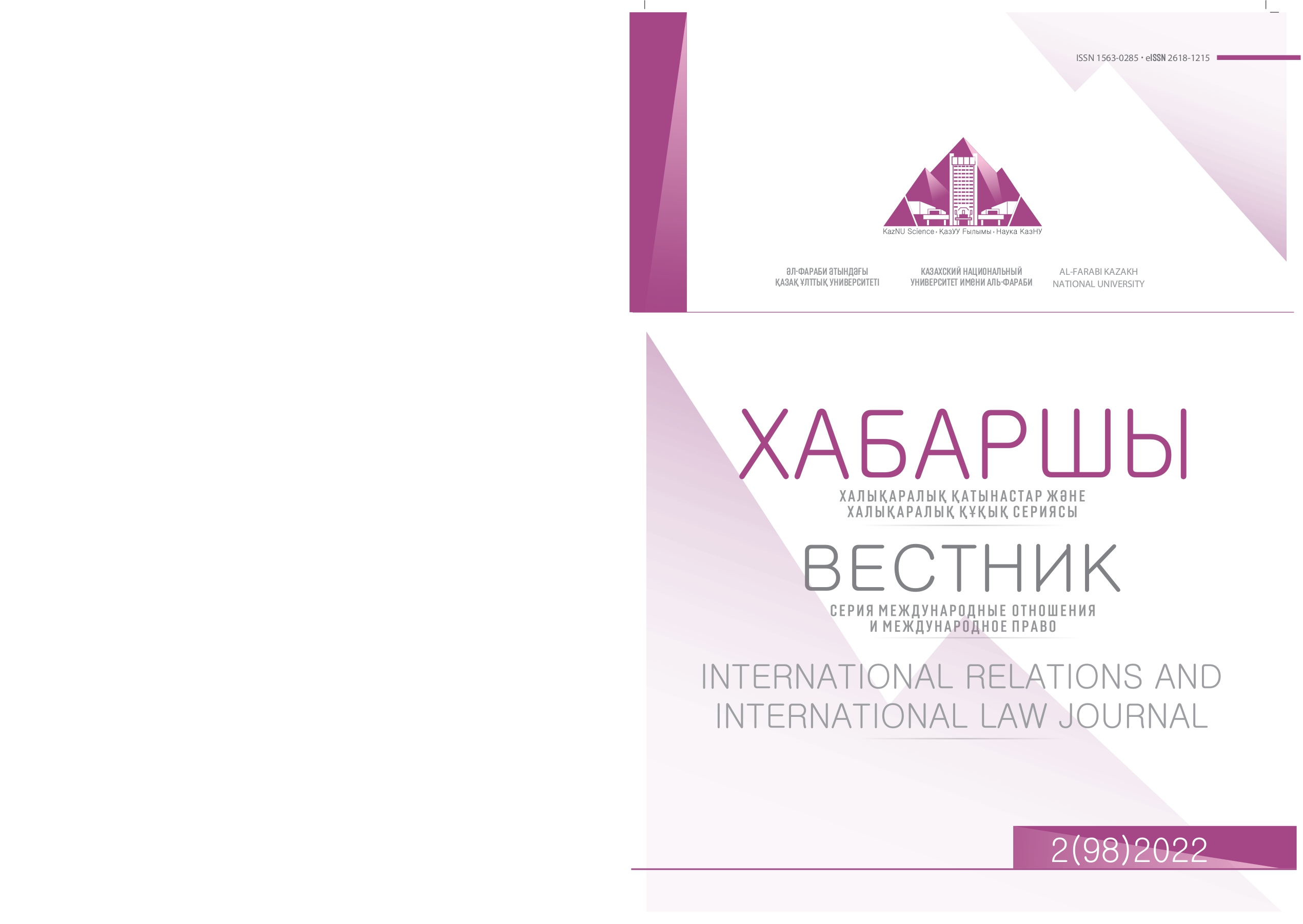Migration, remittances and transnational economic belonging: Bangladeshi migrants in South Korea
DOI:
https://doi.org/10.26577/IRILJ.2022.v97.i1.05Abstract
This study aims to examine migration, remittances, and transnational economic belonging of Bangladeshi migrants in South Korea. This study conducted the total 310 survey questionnaires on Bangladeshi migrants in South Korea from March 2016 to August 2016 in manufacturing factories, halal restaurants, halal grocery stores, and mosques of Bangladeshi migrants populated areas in South Korea and collected data is analyzed by SPSS Statistics 21.0. The results show that Bangladeshi migrants in South Korea have strong transnational economic belong and they prefer to send remittances for livelihood activities to their homeland rather than financial activities for future wellbeing. The highest degree of transnational economic belonging was found in taking care of families who stay in their homeland since most of the Bangladeshi migrants migrate to South Korea for livelihood struggle of their family in past and the lowest degree of transnational economic belonging was found in investment in their homeland for future wellbeing since they stay in South Korea for certain short period and expenses much of their earning money for their livelihood needs of their family at homeland. Transnational economic belonging to the homeland varies more by present occupation, visa status, and reason for migration, while labor migrants who hold E9 visas and migrants who migrated for economic reasons show stronger transnational economic belonging. This study suggests subsequent studies of transnational belonging based on various migrant groups and socio-demographic factors.
Keywords: Bangladesh, economic belonging, homeland, migrant, remittance, South Korea














